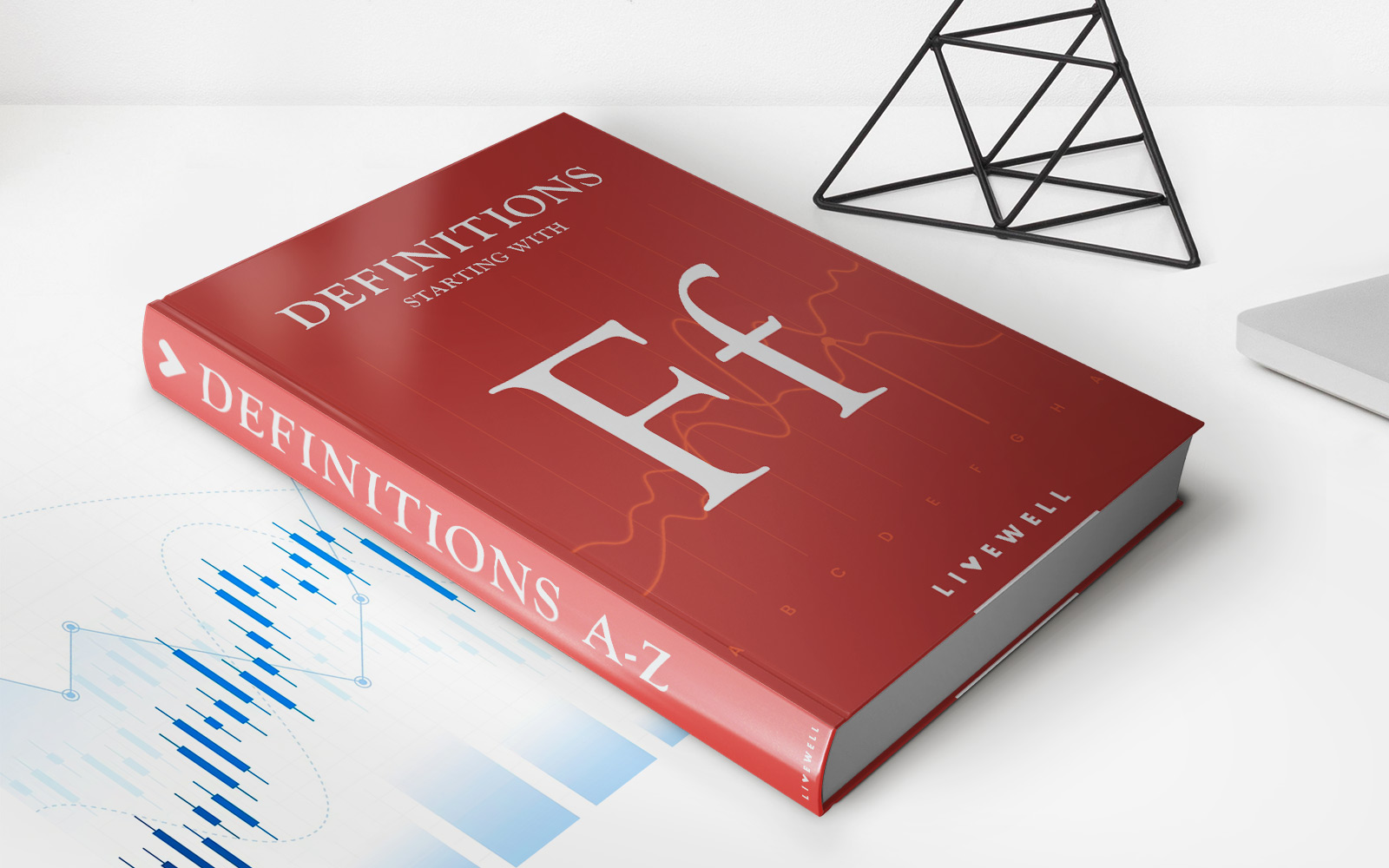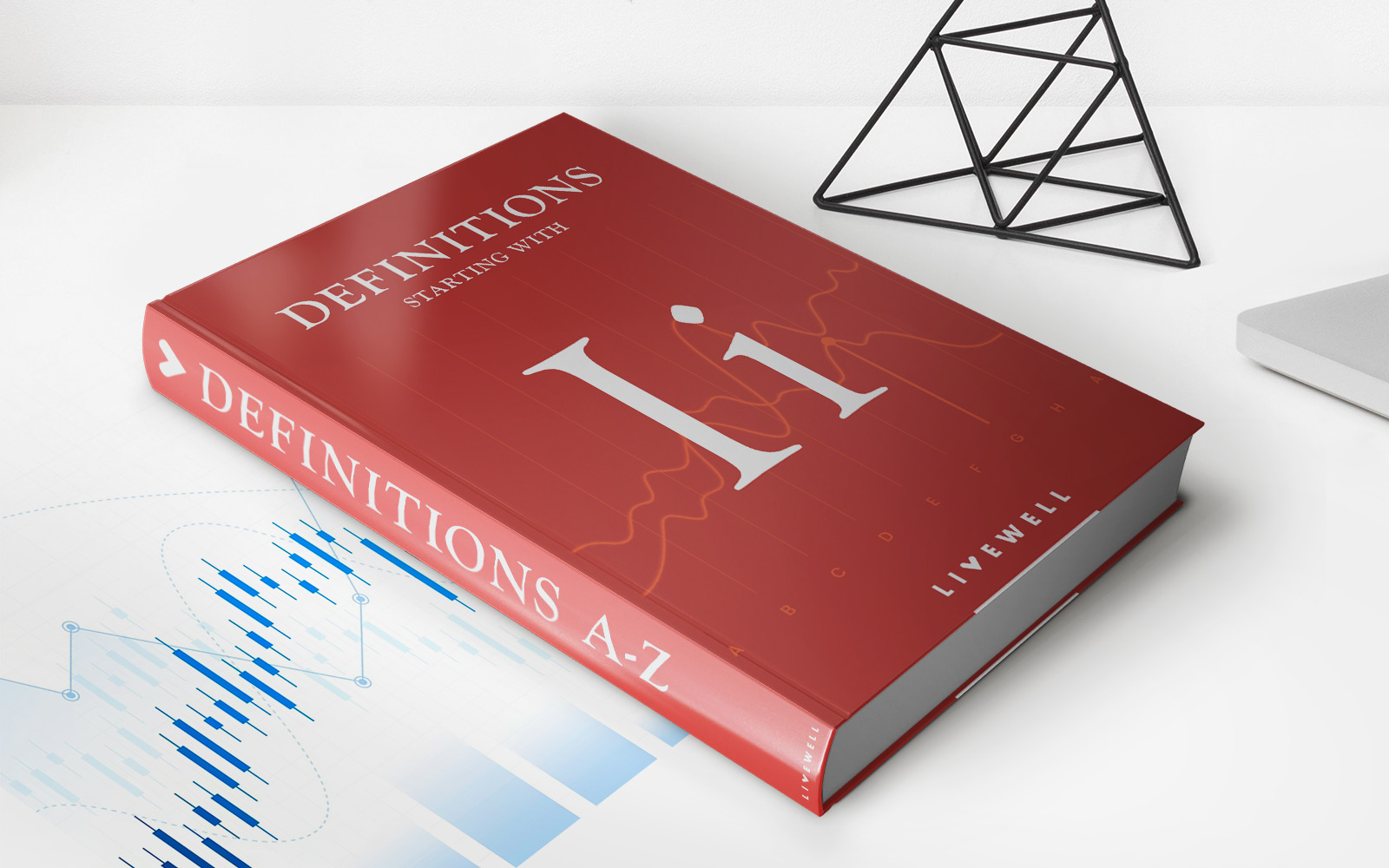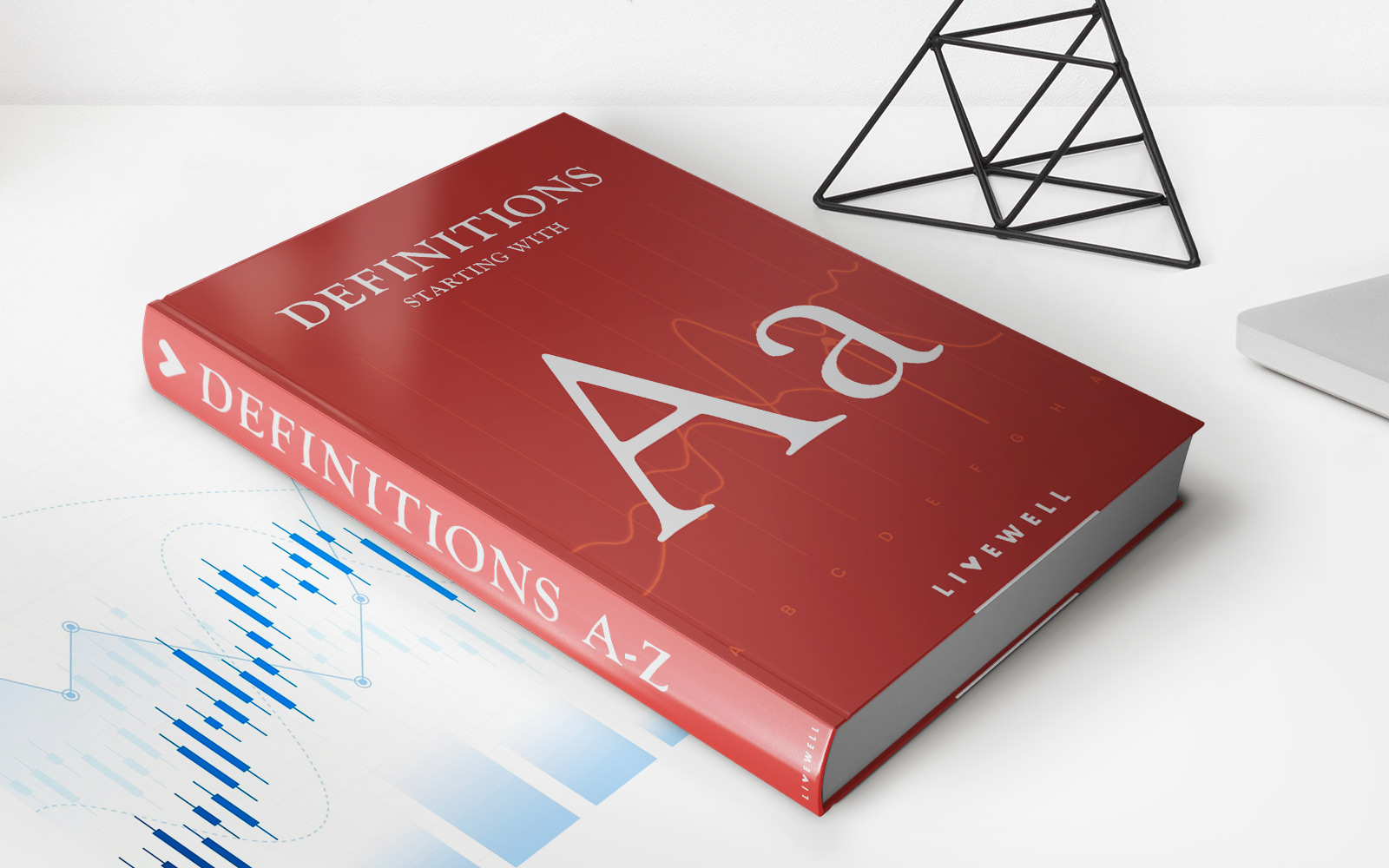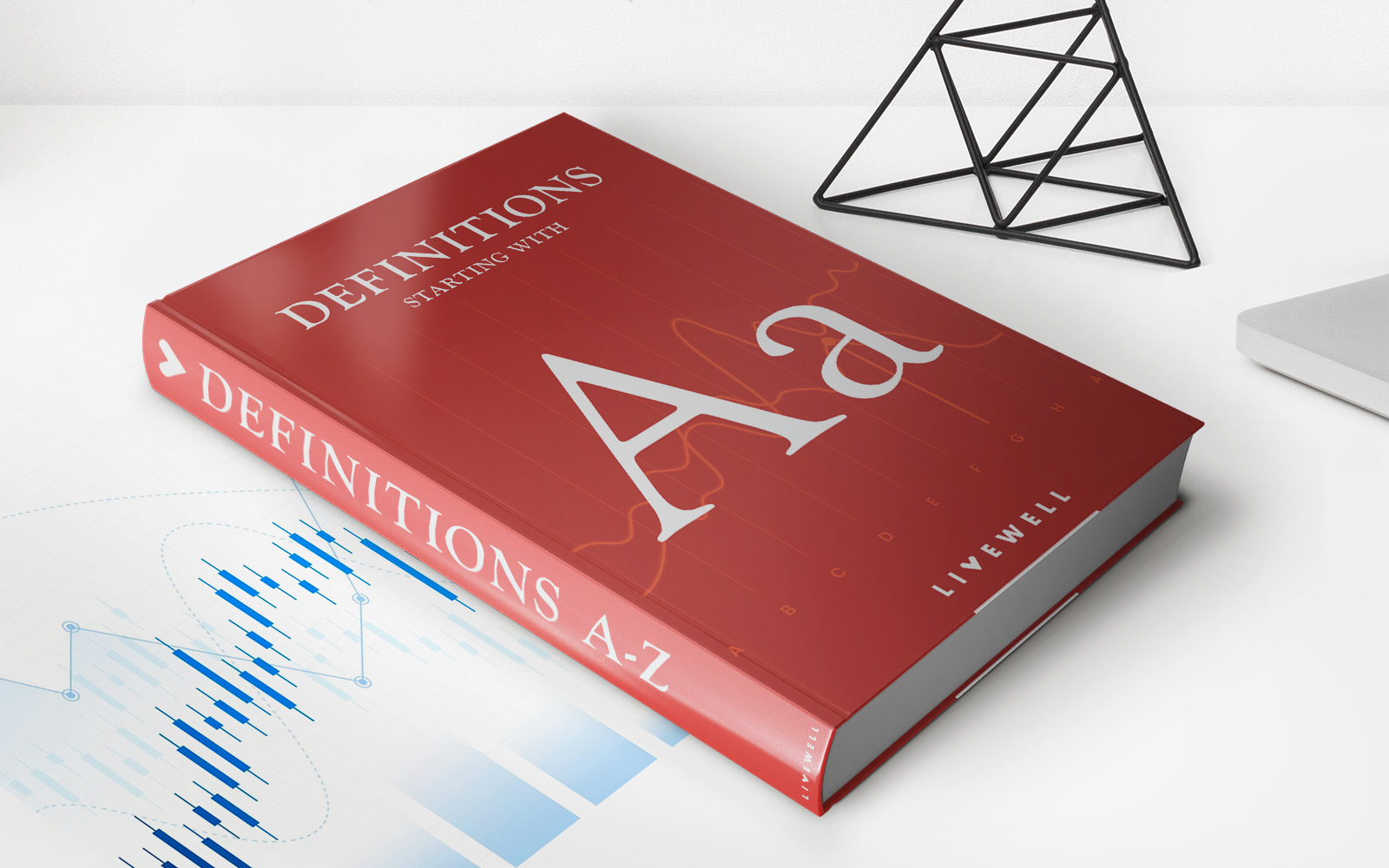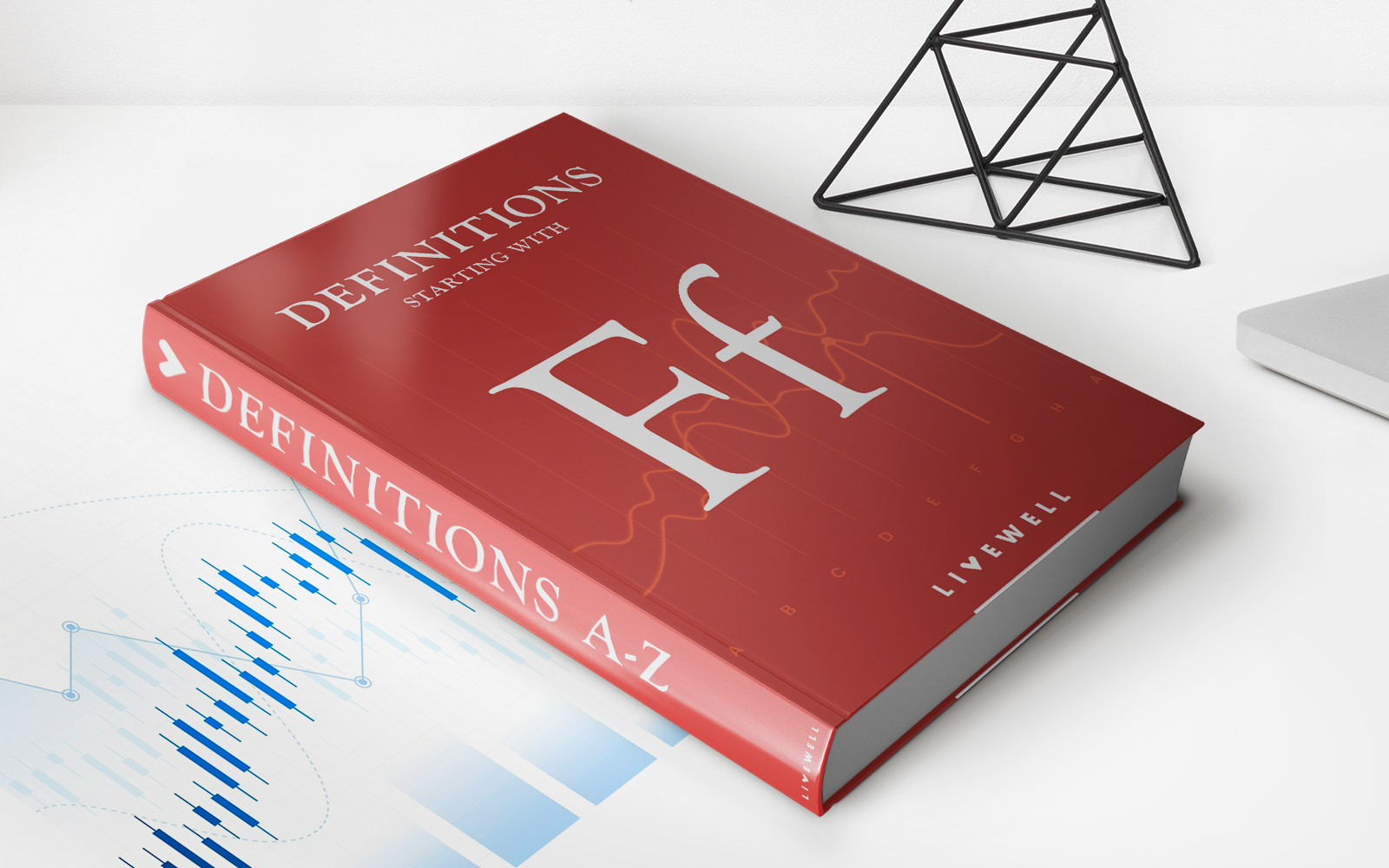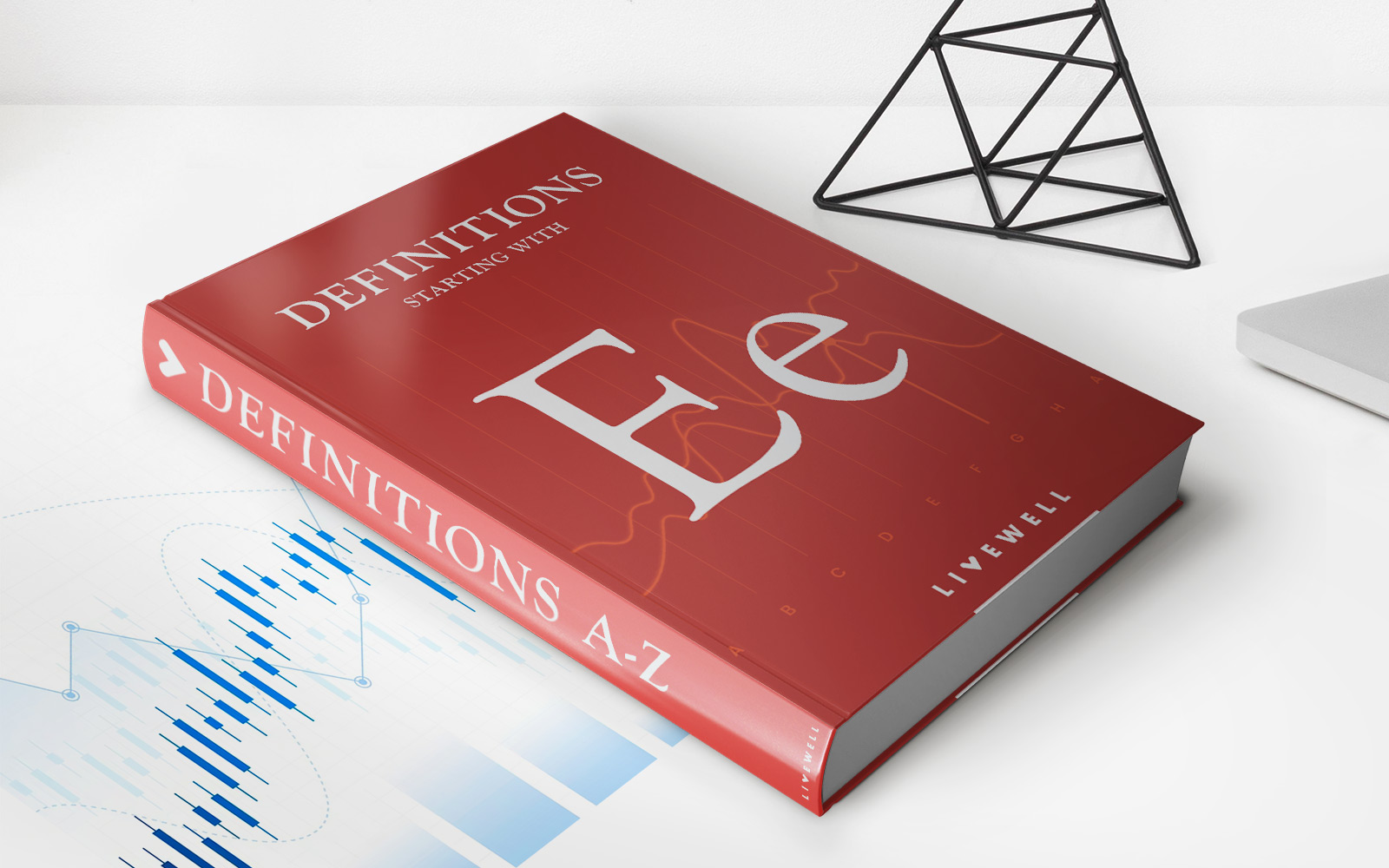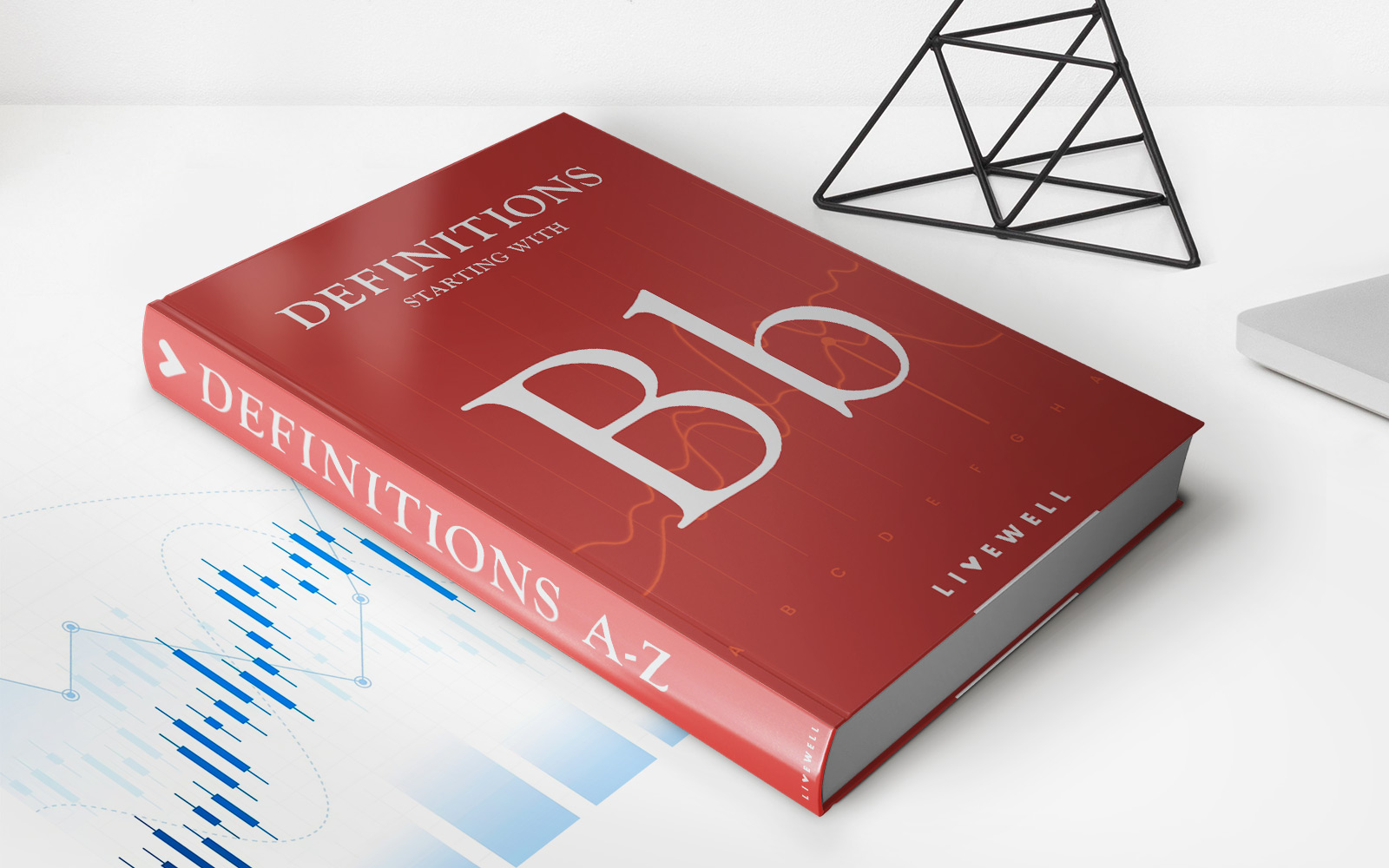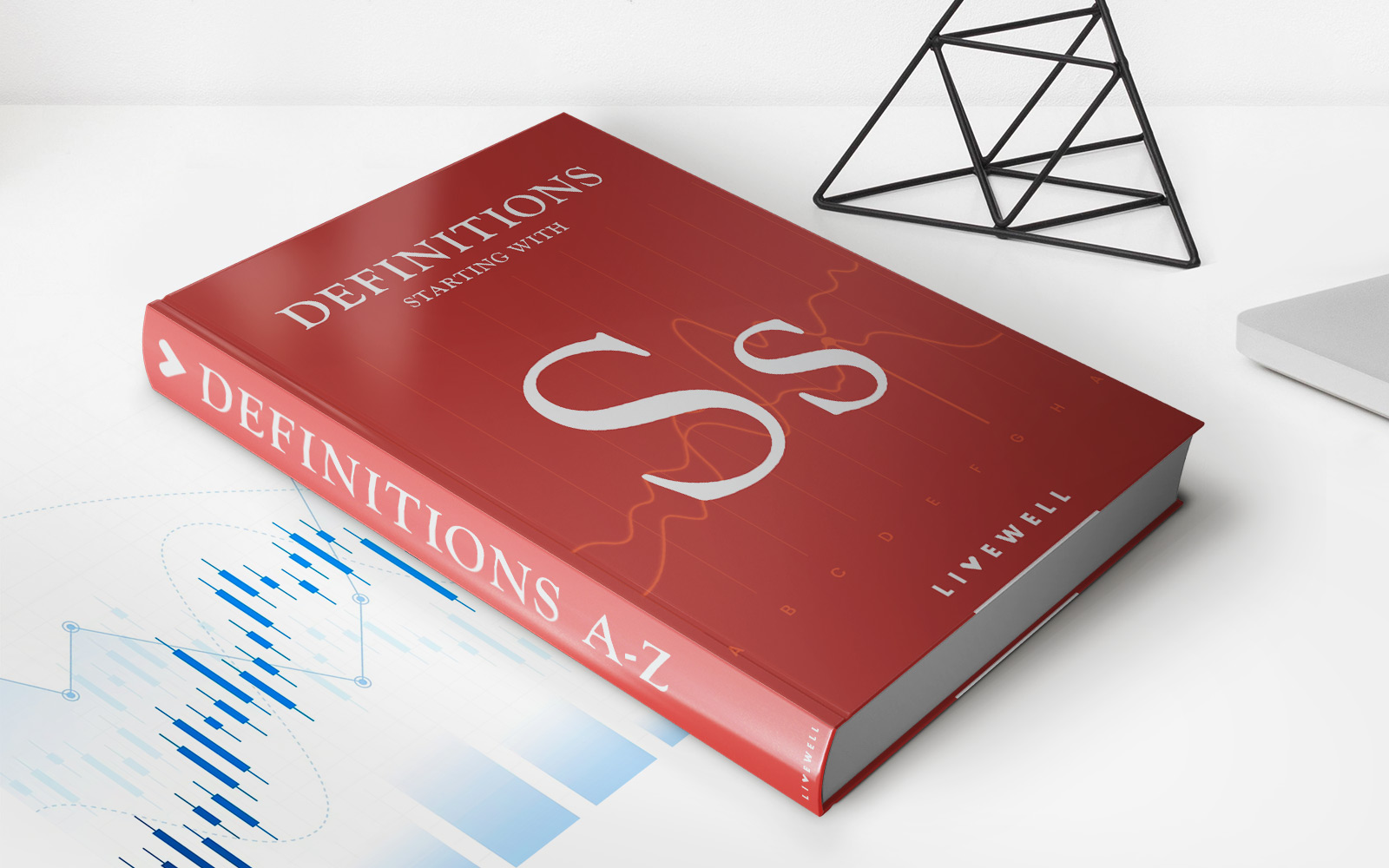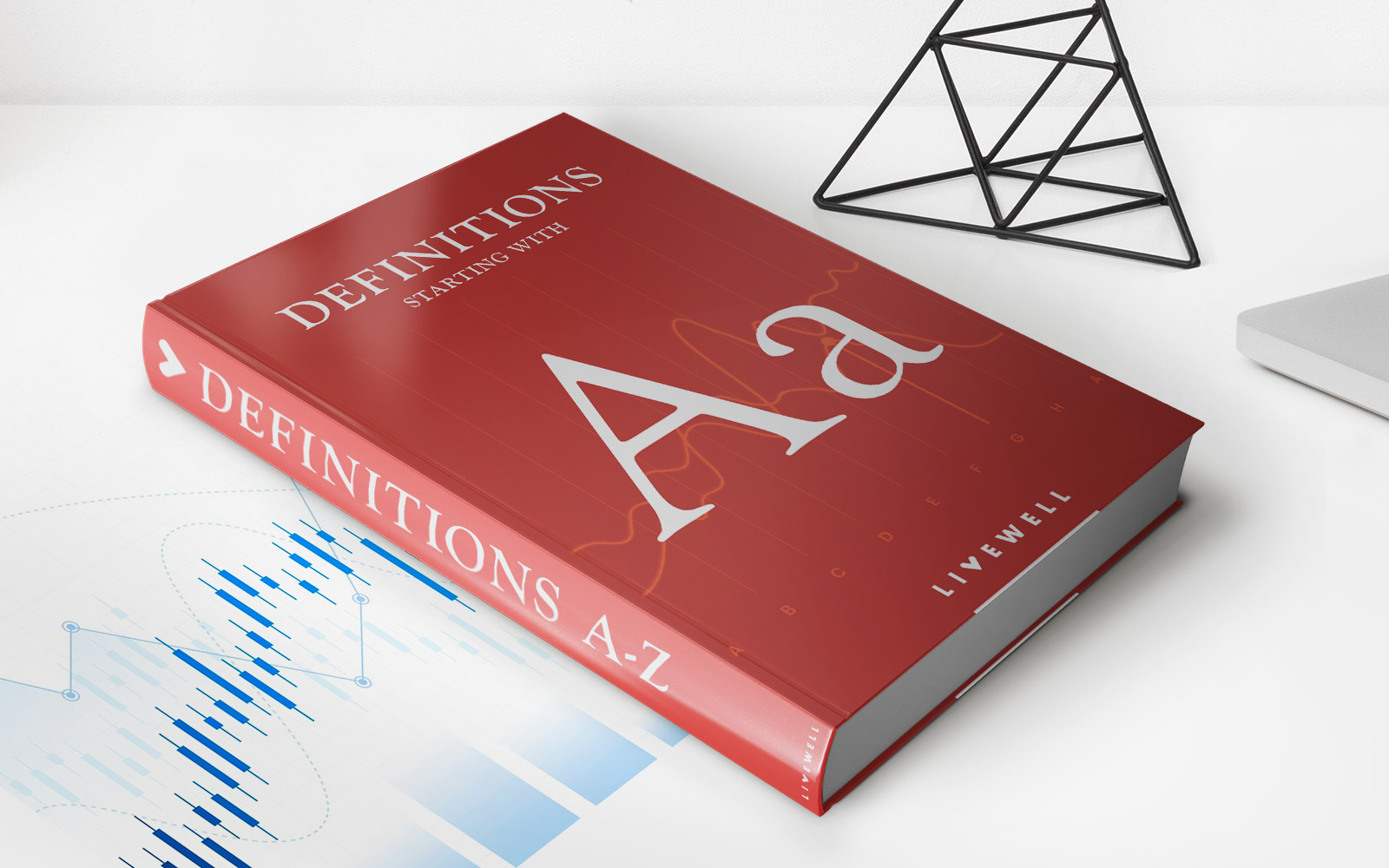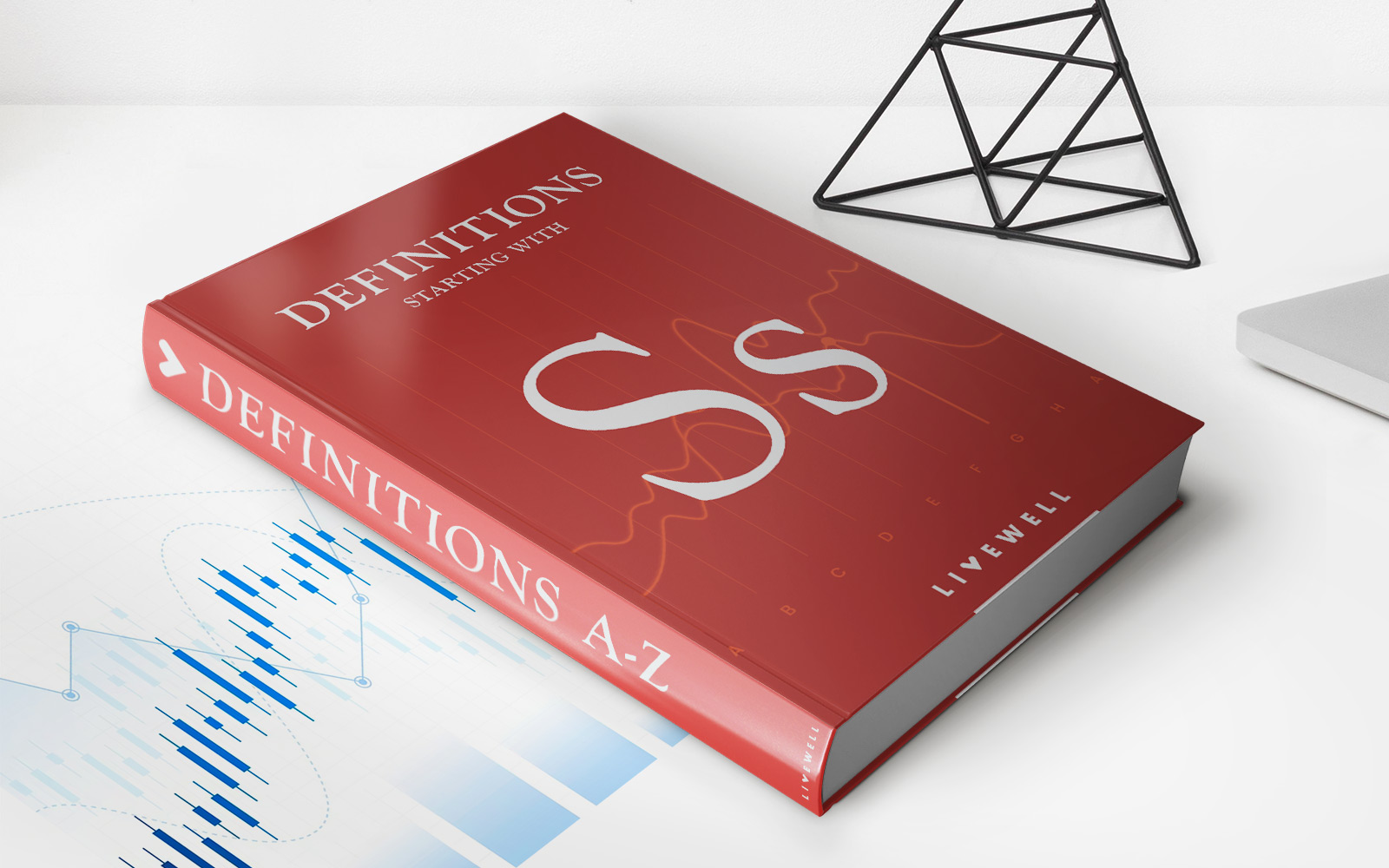

Finance
Settlement Date Accounting Definition
Published: January 27, 2024
Learn about the finance concept of settlement date accounting, its importance in financial transactions, and how it impacts financial statements.
(Many of the links in this article redirect to a specific reviewed product. Your purchase of these products through affiliate links helps to generate commission for LiveWell, at no extra cost. Learn more)
Understanding Settlement Date Accounting Definition: A Complete Guide
Welcome to another informative post from Finance, where we provide you with valuable insights into various financial topics. In today’s article, we will explore the concept of settlement date accounting and how it impacts financial transactions. As an expert on the subject, we will dive deep into its definition, importance, and practical applications. So, let’s get started!
Key Takeaways:
- Settlement date accounting refers to the practice of recording financial transactions based on the actual date when the transaction is settled.
- It is utilized in various financial instruments, including stocks, bonds, and derivatives, to ensure accurate reporting of financial events.
Now, let’s dig deeper into the essence of settlement date accounting. Have you ever wondered why some financial transactions are not recorded immediately? Or why the date on your stock purchase transaction might differ from the actual date of execution? The answer lies in the settlement date accounting approach.
In the world of finance, settlement date accounting refers to the practice of recording transactions based on the date when the actual settlement occurs. Settlement date is the specific day when the buyer pays for the transaction, and the seller transfers the ownership rights of the financial instrument. It is important to note that the settlement date can be different from the date when the transaction is executed or agreed upon.
Settlement date accounting is primarily used to ensure accuracy and fairness in financial reporting. By using this approach, financial institutions can account for transactions at the time they are settled, providing a true reflection of the financial position at any given point in time. It also allows for consistent and standardized recording of transactions across different financial instruments.
Now, let’s take a look at some practical applications of settlement date accounting:
- Stock Market Transactions: When you buy or sell stocks, the settlement date accounting ensures that the ownership of the shares and the funds are transferred accurately on the settlement date. This accounting practice plays a crucial role in determining the value of a stock portfolio.
- Bond Trading: Bond settlements can involve complex calculations due to interest accruals and coupon payments. Settlement date accounting ensures that these transactions are accurately recorded and reported, facilitating transparent and efficient bond trading.
- Derivatives: Settlement date accounting is essential in derivative transactions, such as options and futures contracts. It ensures that the obligations and rights of the contracts are appropriately recognized and accounted for.
By adopting settlement date accounting, financial institutions can maintain accuracy, transparency, and fairness in their financial reporting. It provides a standardized approach for recording transactions and facilitates the comparison of financial data across different instruments.
In conclusion, settlement date accounting plays a vital role in the financial world. It allows for accurate recording and reporting of financial transactions, ensuring transparency and fairness. Whether you are involved in stocks, bonds, or derivatives trading, understanding settlement date accounting is essential. By incorporating this knowledge, you can make more informed financial decisions and navigate the complex world of finance with confidence.
